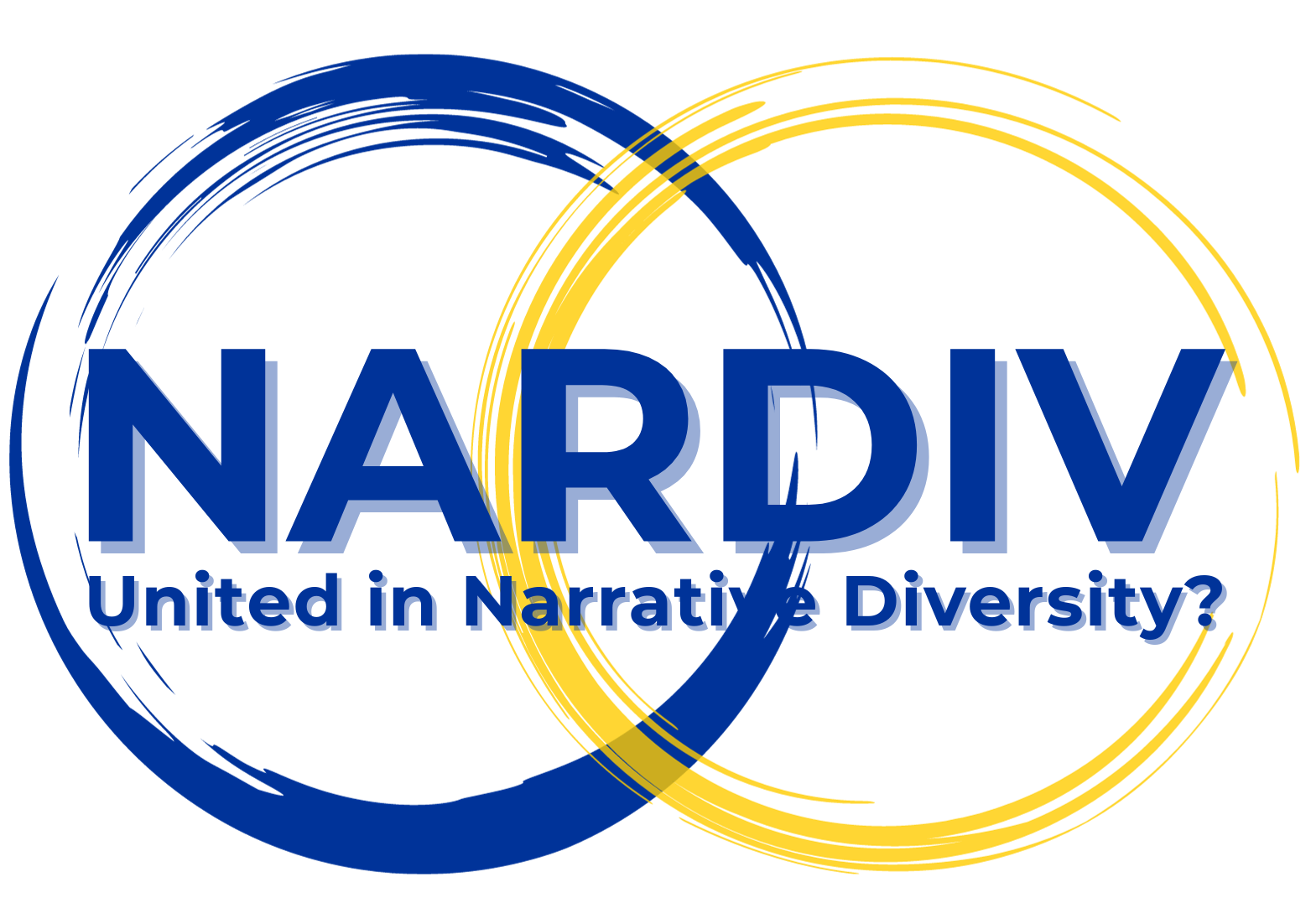
Futur4
Use in the context of the piece (announcement, review, etc.) is free, as well as publications up to 100 copies (e.g. scientific papers). For any other use, please contact the photographer.
(c) Maximilian Borchardt
The use of the photo is free of charge.
Download >

Futur4
Use in the context of the piece (announcement, review, etc.) is free, as well as publications up to 100 copies (e.g. scientific papers). For any other use, please contact the photographer.
(c) Maximilian Borchardt
The use of the photo is free of charge.
Download >

Futur4
Use in the context of the piece (announcement, review, etc.) is free, as well as publications up to 100 copies (e.g. scientific papers). For any other use, please contact the photographer.
(c) Maximilian Borchardt
The use of the photo is free of charge.
Download >

Futur4
Use in the context of the piece (announcement, review, etc.) is free, as well as publications up to 100 copies (e.g. scientific papers). For any other use, please contact the photographer.
(c) Maximilian Borchardt
The use of the photo is free of charge.
Download >

Futur4
Use in the context of the piece (announcement, review, etc.) is free, as well as publications up to 100 copies (e.g. scientific papers). For any other use, please contact the photographer.
(c) Maximilian Borchardt
The use of the photo is free of charge.
Download >

Futur4
Use in the context of the piece (announcement, review, etc.) is free, as well as publications up to 100 copies (e.g. scientific papers). For any other use, please contact the photographer.
(c) Maximilian Borchardt
The use of the photo is free of charge.
Download >

Futur4
Use in the context of the piece (announcement, review, etc.) is free, as well as publications up to 100 copies (e.g. scientific papers). For any other use, please contact the photographer.
(c) Maximilian Borchardt
The use of the photo is free of charge.
Download >

Futur4
Use in the context of the piece (announcement, review, etc.) is free, as well as publications of up to 100 copies (e.g. scientific papers). For any other use, please contact the photographer.
(c) Maximilian Borchardt
The use of the photo is free of charge.
Download >

Futur4
Use in the context of the piece (announcement, review, etc.) is free, as well as publications up to 100 copies (e.g. scientific papers). For any other use, please contact the photographer.
(c) Maximilian Borchardt
The use of the photo is only free of charge in the context of the announcement of performances and with denomination of the author. Any further use of the photos, for example for illustration of reviews, shall be subject to payment of a fee. Please contact the photographer.
Download >

Futur4
Use in the context of the piece (announcement, review, etc.) is free, as well as publications up to 100 copies (e.g. scientific papers). For any other use, please contact the photographer.
(c) Maximilian Borchardt
The use of the photo is free of charge.
Download >

Futur4
Use in the context of the piece (announcement, review, etc.) is free, as well as publications up to 100 copies (e.g. scientific papers). For any other use, please contact the photographer.
(c) Maximilian Borchardt
The use of the photo is free of charge.
Download >

Futur4
Use in the context of the piece (announcement, review, etc.) is free, as well as publications up to 100 copies (e.g. scientific papers). For any other use, please contact the photographer.
(c) Maximilian Borchardt
The use of the photo is free of charge.
Download >
Futur4
By Helgard Haug / Daniel Wetzel
What does one generation expect from the next? What legacy will be inherited? Can the experiences of young people today still be compared with those of 50 years ago? And what about the youth 50 years from now? Futur4 reimagines the future of a biography, performance by performance, movement by movement. Every evening, the play continues to mill its way into a present which was still the future during previous performances - just as science fiction speculatively projects life into the future.
Futur4 is the third part of a series of monologues following ‘Black Tie’ (2008) and ‘Quality Control’ (2013): As a child in the early 1970s, the protagonist Ursula Gärtner and her family were bought out of Romania by the Federal Republic of Germany, ‘without a receipt’, without an option to return, disconnected from their own history. With what ideas about ‘her future’? As one of thousands of Transylvanian Saxons - the descendants of settlers from the centre-west of Europe who settled 800 years ago at the invitation of Hungarian kings in an area now known in German as Transylvania or Siebenbürgen. Since then and under constantly changing rule, German as a language as well as the village traditions have been preserved and people are still growing up there today: in Romania the foreign Germans, in Germany the somehow German Romanians.
What does the ‘right to one's own past and history’ (Herta Müller) do to the ability to shape the future?
Futur4 looks into the future. What can the next generation know, what does it want to know? How will it relate to what was? How can they measure themselves against it as it approaches? To what extent are we determined by the narratives of our origins - how they are transmitted to us, how we discover them in ourselves - how others project them onto us? What processes of change do cultural identities undergo? How are they disrupted, modified, contained?
In this documentary piece, life becomes a ‘permanent theme’. How it is constantly written and rewritten. The protagonist's son engages with artificial intelligence, he is also expecting a child... and so the audience becomes part of a science fiction - at the moment of its staging - with the help of AI, science and theatre and can inscribe itself into the lives of the protagonists. What is science fiction if it is not thought of in terms of rockets and other planets, but in terms of other concepts of wanting to know, of being human, of lived confidence?
With: Ursula Gärtner, Xenia Klinge, Ursula_Bot
Dramaturgy: Christiane Kühl
Scenography: Dominik Steinmann
Technical direction, light design, show system design: Joscha Eckert
Video design: Juan Pablo Gaviria Bedoya
Costume: Christine Ruynat
Sound design: Peter Breitenbach
Artistic collaboration: Paula Holzhauer
Production Management & Collaboration Research: Lara Fischer
A production by Rimini Apparat in co-production with Goethe-Institut Bucharest, Hessisches Staatstheater Wiesbaden, Sibiu International Theatre Festival / ‘Radu Stanca’ National Theatre (Romania), Theater RAMPE in Stuttgart and Theater im Pumpenhaus.
Performance rights: schaefersphilippen theatre and media GbR
With the kind support of the Akademie der Künste, Section: Film and Media Arts.





